
Fortune News | Jul 13,2024
Jul 27 , 2024
By Hintsa Andebrhan
Two weeks ago, the central banks of the United Arab Emirates (UAE) and Ethiopia signed a memorandum of understanding on a bilateral currency swap deal worth up to three billion Dirhams (816 million dollars at last week’s exchange rate). The agreement establishes a framework for using local currencies to settle cross-border transactions between the two countries.
Currency swap agreements have clear advantages in reducing exchange rate risks for both parties. However, it does not take an expert to recognise that such agreements are typically more beneficial for countries at similar levels of economic development. Yet, with strong policy pillars such as regulations and legal provisions to manage investments and trade, the currency swap could potentially benefit Ethiopia and the UAE.
The pressing question is whether this currency swap agreement is framed by strategic policy principles that protect Ethiopia's natural resources.
UAE's central import policy focuses on natural or cultured pearls, gemstones, and precious metals, such as gold, copper, diamonds, iron, and steel. Examining Abu Dhabi's primary imports from Ethiopia over the past five years, data reveals that the major imports were gold (546 million dollars), coffee (58.9 million dollars), and sheep and goat meat (52.2 million dollars).
Ethiopia's exports to the UAE have surged, increasing at an annualised rate of 114pc from 3.31 million dollars in 2017 to 149 million dollars in 2022. Abu Dhabi's imports from Ethiopia are heavily centred on natural resources, particularly gold.
It is evident that strategic objectives drive the UAE's import policy, and President Mohammed bin Zayed Al Nahyan's administration adheres to this playbook.
According to the UN COMTRADE database and international trade data, Ethiopia imported goods worth 564.73 million dollars from the UAE in 2022. Of these imports, 33pc were liquid and mineral fuels, while the balance comprised imports of fertilisers, plastic, vegetable and oils, sugar, and sugar confectionery.
The trade imbalance shows that the UAE has a considerable advantage over Ethiopia in economic benefits derived from the flow of natural resources.
This disparity is evidence of the need for Ethiopia to develop strategic plans before entering into economic deals blindly. Economic pundits and policy consultants should put pressure to safeguard Ethiopia’s economic interests and for Prime Minister Abiy Ahmed’s (PhD) Administration to clarify its governing arrangements with the UAE. There is a need for transparency and public disclosure about the purpose of such deals and their strategic economic and political benefits beyond temporary solutions.
While engaging in political and economic business with the UAE is not inherently problematic, it is imperative that all agreements, whether with the UAE, the United States, Russia, China, or any other country, prioritise the interests of Ethiopia and its people.
Ethiopian policymakers and economic advisors around Prime Minister Abiy should encourage him to focus his economic policies and decisions on protecting Ethiopia's natural resources.
Ethiopia has four main assets that require strong political protection: its policy sovereignty, human capital, natural resources, and dignity. As the head of the political powerhouse, Abiy should ensure these assets are not compromised.
Without a strategic framework, the currency swap agreement between Ethiopia and the UAE may only offer temporary relief from the current foreign exchange crisis. If the trade circle within this agreement includes natural minerals like gold, tantalum, opal, coffee, and livestock, Abu Dhabi will likely benefit more than Addis Abeba. It is challenging to argue that this agreement is fair in economic principles without adequate protective measures.
PUBLISHED ON
Jul 27,2024 [ VOL
25 , NO
1265]


Fortune News | Jul 13,2024
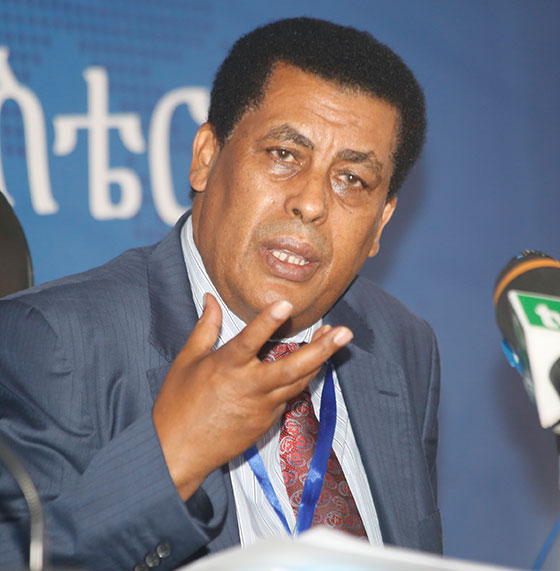
Fortune News | Aug 21,2021
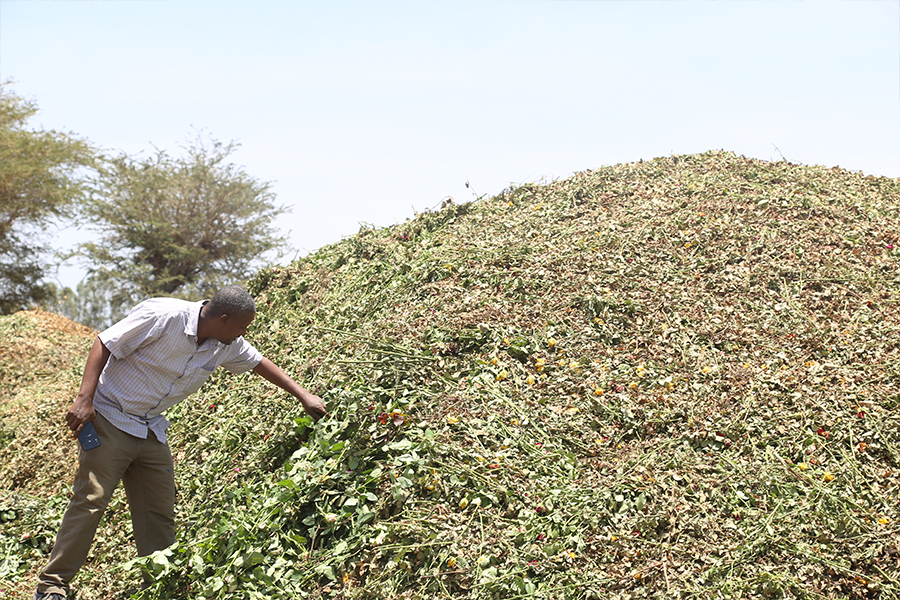
Agenda | Mar 28,2020
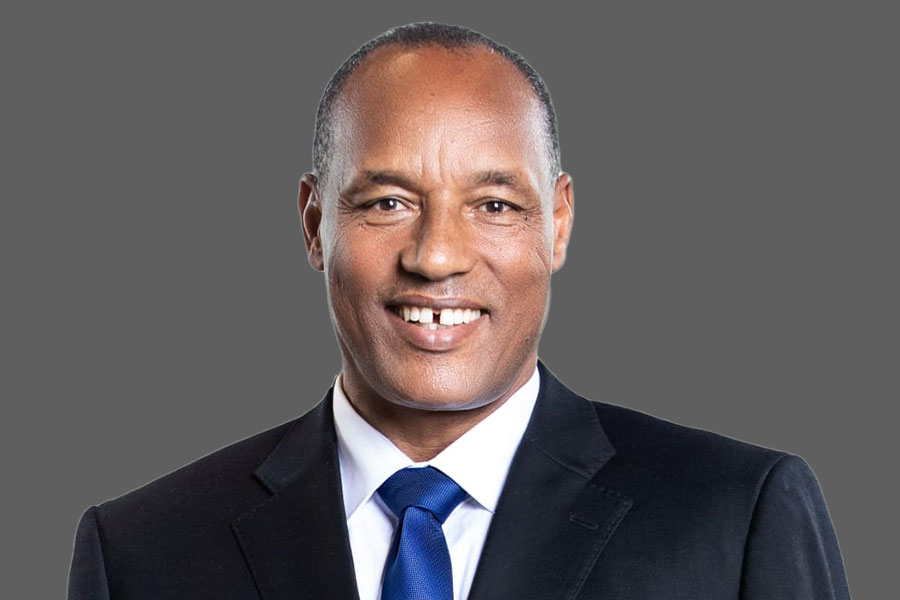
Obituary | Mar 16,2024

In-Picture | Jun 11,2024

Fortune News | Jul 06,2025
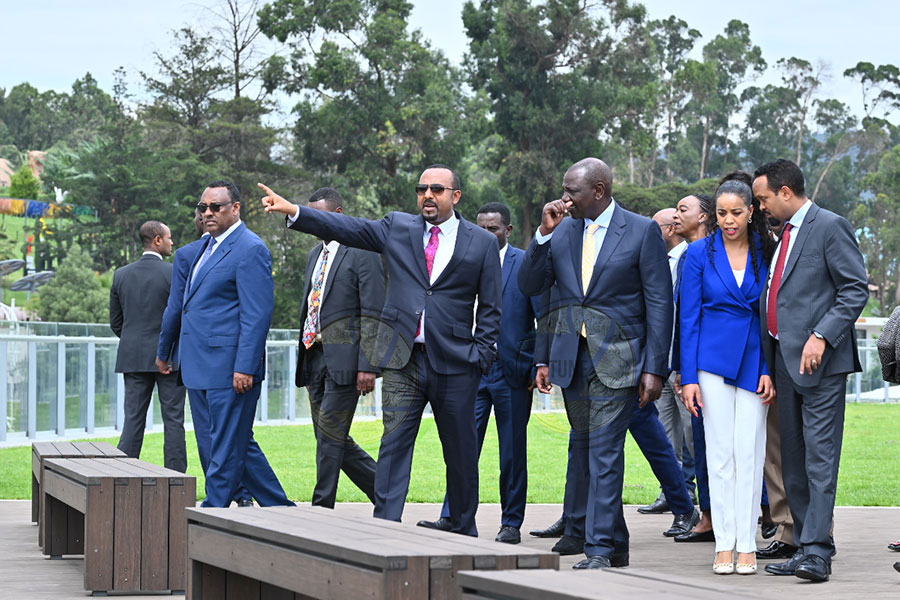
Fortune News | Oct 08,2022
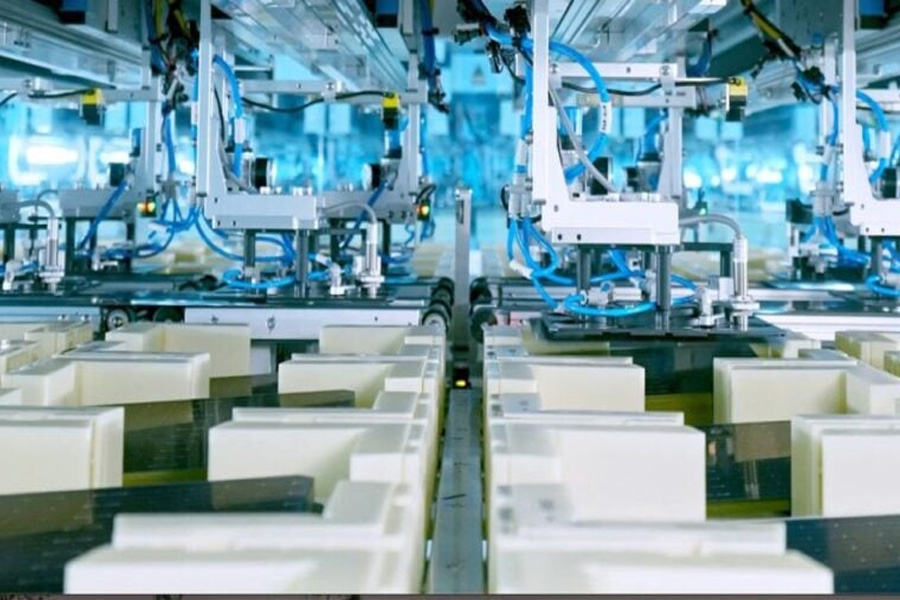
Radar | Oct 19,2024

Viewpoints | Sep 24,2022
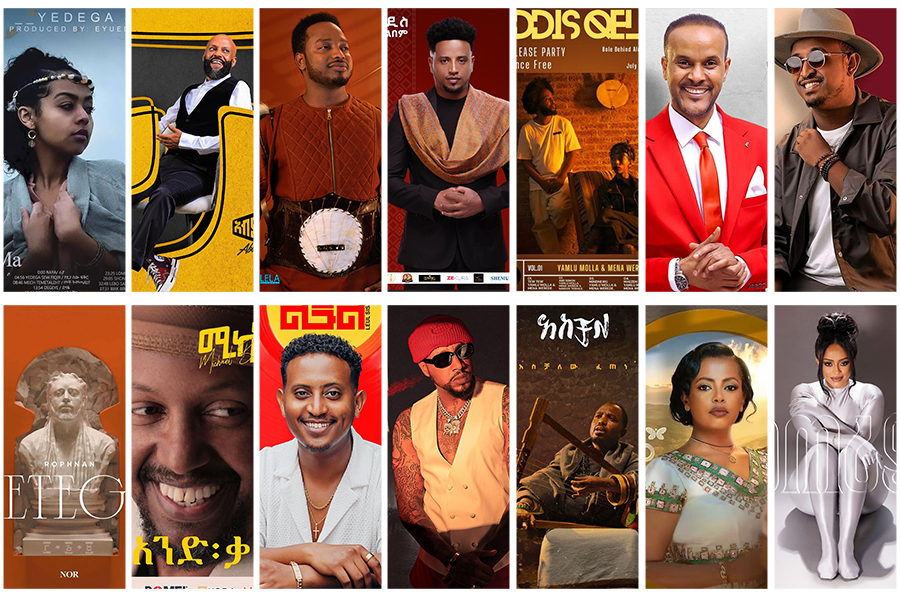
Featured | Sep 09,2024

Photo Gallery | 176846 Views | May 06,2019

Photo Gallery | 167059 Views | Apr 26,2019

Photo Gallery | 157617 Views | Oct 06,2021

My Opinion | 136934 Views | Aug 14,2021

Dec 22 , 2024 . By TIZITA SHEWAFERAW
Charged with transforming colossal state-owned enterprises into modern and competitiv...

Aug 18 , 2024 . By AKSAH ITALO
Although predictable Yonas Zerihun's job in the ride-hailing service is not immune to...

Jul 28 , 2024 . By TIZITA SHEWAFERAW
Unhabitual, perhaps too many, Samuel Gebreyohannes, 38, used to occasionally enjoy a couple of beers at breakfast. However, he recently swit...

Jul 13 , 2024 . By AKSAH ITALO
Investors who rely on tractors, trucks, and field vehicles for commuting, transporting commodities, and f...

Oct 18 , 2025
The political establishment, notably the ruling party and its top brass, has become p...

Oct 11 , 2025
Ladislas Farago, a roving Associated Press (AP) correspondent, arrived in Ethiopia in...

Oct 4 , 2025
Eyob Tekalegn (PhD) had been in the Governor's chair for only weeks when, on Septembe...

Sep 27 , 2025
Four years into an experiment with “shock therapy” in education, the national moo...

Oct 18 , 2025 . By NAHOM AYELE
In a sweeping reform that upends nearly a decade of uniform health insurance contribu...

A bill that could transform the nutritional state sits in a limbo, even as the countr...

Oct 18 , 2025 . By SURAFEL MULUGETA
A long-planned directive to curb carbon emissions from fossil-fuel-powered vehicles h...

Oct 18 , 2025 . By BEZAWIT HULUAGER
Transaction advisors working with companies that hold over a quarter of a billion Bir...